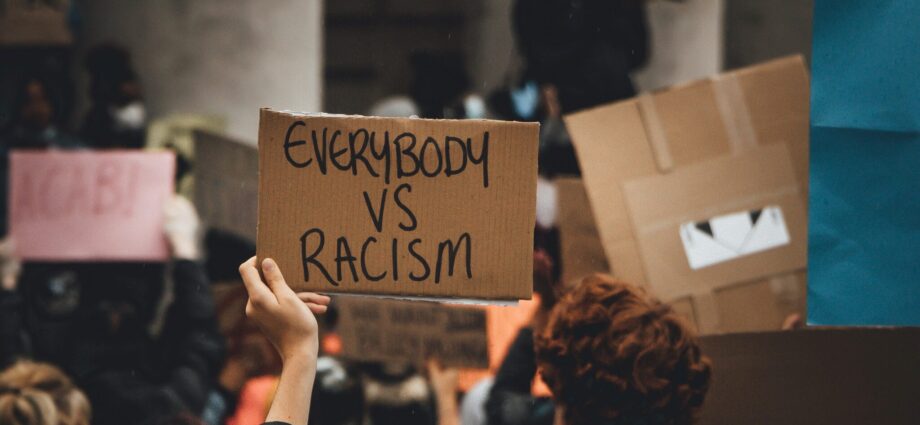By Juni Moltubak
Neither unforeseen, nor unexpected, but yet shocking and disruptive. The death of George Floyd caused global reverberations across political, social, and emotional spectra. In addition, this wave of Black Lives Matter (BLM) protests has to a large degree spread online, amplifying its transnational and transcultural scope. BLM is now a movement accessible to everyone and anyone who might wish to be associated with it. This is not without cost.
Fashionably supportive
Social media has been overflowed with BLM-related content over the past couple of weeks, and it seems like everyone urges to tell the world that they can be considered an ally. Speaking as a white woman to my non-black peers, I ask; why are you showing your support only now? Online support can undoubtedly be a good thing, especially if you are guilty of not having dedicated much time or effort to the cause in the past. I know I am. But before sharing, reposting, and insisting on your stance, ask yourself the uncomfortable question: why do I choose to share my support right now?
Naturally, you want to prove that you are one of the good ones, that you are not racist. You want to prove that you will stand up for your black friends, and you want to encourage others to act like you. But dear non-black friends, the purpose of this movement is not about boosting your ego or making yourself feel good. Stop listening to your own voice.
The racist spectrum.
Proving that you are one of the good ones will, at best make your black followers feel supported. At worst it will make you feel better about yourself. It will make you feel like you have contributed enough, without having to reflect on, or even be aware of, why you are doing it. It is an easy way of validating yourself as one hundred percent non-racist. And this is the biggest problem of today’s BLM movement; it is taboo to admit to yourself or anyone else that you are, in fact, racist. Not violently racist, or visibly, or even noticeably racist, but racist as a product of the system you live in. You are racist if you grew up in a white neighbourhood, went to a predominantly white school and have a bookshelf filled with the works of white authors. You are racist if your life is not dictated by the colour of your skin.
You are racist if you were shocked by the death of George Floyd.
It is easy to identify oneself as perfectly non-racist, but this is ignoring the problem itself. You have to be actively anti-racist. And what is good about being actively anti-racist, is that it is about changing fault and flaws, rather than claiming that everything is perfect. Dare to check yourself, and look for the flaws you accuse others of having. Acknowledge your racist flaws, and work towards getting rid of them. Acknowledging your own shortcomings is the first step towards actual helpful action.
Public outrage is nothing new, it is just being reposted
Educate yourself by learning about your own prejudices, not by mindlessly sharing content. Educate yourself, but not by watching and spreading ever more graphic images and videos of black suffering. It might shock your less attentive friends, but it will also bring up unnecessary trauma for your black followers. Again, ask yourself the question; what will I achieve by sharing this content? At best, it will cause shock waves of outrage and disgust, brought about by tangible emotion. At worst, it will make you feel good about yourself, until the pressure of proving that you are one of the “good ones” goes away. It will not create change, neither in society nor in yourself.
Read, act, then share.
The massive accessibility of today’s BLM-movement is both a blessing and a curse. It has made it easy to share empowering and educational content, but it has also created a camouflage, making it just as easy to escape the uncomfortable truth: you are racist. Not because you are one of the bad ones, but because you live in a system that is insanely, tragically, and structurally flawed. This does not justify you shifting the blame to something out of your control. Use this knowledge to identify how you are a part of the problem just as much as you can become part of the solution.
If you are looking for ways to understand your racism, and educate yourself on the matters you inevitably are undereducated on, check out my colleague Helena’s article: https://sphaeramag.com/on-black-lives-matter-history-information-and-perspectives/
Edited by Lauren Griesedieck
Image from Unsplash

